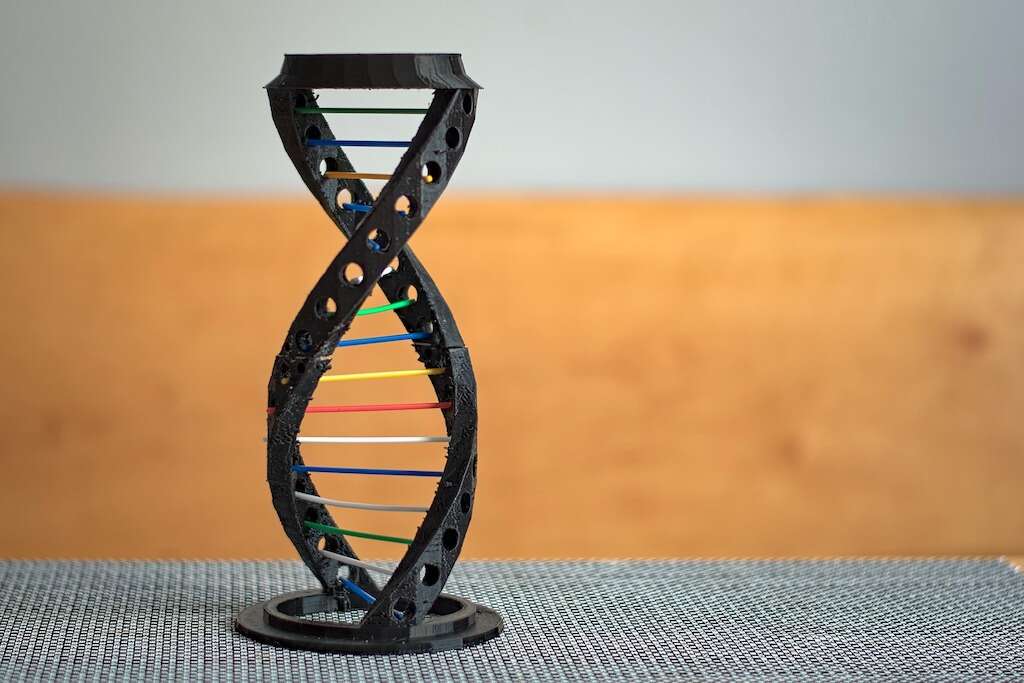Epilepsy Symptoms, Causes and More
Epilepsy is a neurological condition, most commonly characterized by abnormal changes in the brain activity, that can result in seizures. Two or more seizures at least 24 hours apart and not caused by an identifiable cause, like alcohol, is considered to be epilepsy. Several factors contribute to its development. While it may seem scary to those who develop it or witness a loved one's seizure, epilepsy can be managed with medication and lifestyle changes.1‘What Is Epilepsy?’ Epilepsy Foundation, 21 January 2014, www.epilepsy.com/learn/about-epilepsy-basics/what-epilepsy.
The seizures most commonly associated with epilepsy usually don't cause serious damage in the moment and stop on their own. Understanding this condition can better help those with epilepsy manage it more effectively.
1. Epilepsy Symptoms
Symptoms of epilepsy vary depending on the severity and type of the seizures that characterize the condition. However, common seizure-related symptoms include staring, loss of physical coordination, confusion, anxiety, loss of consciousness and inability to be aware of surrounding circumstances. Fear is also a symptom of epilepsy, as some who have the condition report feeling strange in the moment right before the onset of a seizure.
One of the unique aspects of epilepsy is that people with this condition tend to have the same types of seizures, which means they have similar symptoms each time.2‘Epilepsy.’ Mayo Clinic, 24 Feb. 2021, https://www.mayoclinic.org/diseases-conditions/epilepsy/symptoms-causes/syc-20350093.
2. Causes of Epilepsy
There are several possible causes of epilepsy, one being genetic. Certain types of epilepsy have been associated with specific genetic changes and may run in families. While research is ongoing, epilepsy has been linked to a number of specific gene types.
Head trauma is another possible risk factor in the development of this brain condition. Infectious disease is yet another cause of epilepsy. Developmental disorders may contribute to the onset of epilepsy, as can injuries suffered prenatally.2‘Epilepsy.’ Mayo Clinic, 24 Feb. 2021, https://www.mayoclinic.org/diseases-conditions/epilepsy/symptoms-causes/syc-20350093.

3. Epilepsy Diagnosis
While someone may suspect epilepsy, especially if they've had a seizure, only a physician can render an official diagnosis. A doctor uses specific tests, including computer tomography (commonly referenced as a CT scan), electroencephalogram (EEG) or a magnetic resonance imaging (MRI) test to make the diagnosis.
It's of paramount importance that doctors diagnose the right type of epilepsy to treat it effectively. This is because different forms of the condition are associated with different types of seizures.2‘Epilepsy.’ Mayo Clinic, 24 Feb. 2021, https://www.mayoclinic.org/diseases-conditions/epilepsy/symptoms-causes/syc-20350093.
4. What Happens During a Seizure?
At the beginning of a seizure the person may start to feel strange. The middle period is when the seizure begins in earnest and offers the most visible symptoms. During this time, the person may not be able to talk and may experience loss of physical coordination and jerking movements of the legs or arms. Their eyes may be unable to focus or roll back in their head.
Most seizures last 30 seconds to 2 minutes. The recovery phase after the seizure, can last minutes or hours .1‘What Is Epilepsy?’ Epilepsy Foundation, 21 January 2014, www.epilepsy.com/learn/about-epilepsy-basics/what-epilepsy.

5. Seizure Triggers
There are various reasons for the onset of a seizure. Most often, they're caused by exposure to stress or environmental triggers, like loud noises, strong smells or perfumes. Lack of sleep can also trigger a seizure.
Those taking medication for their condition can trigger a seizure if they miss a dose. Alcohol or drug use is also a trigger, as is low blood sugar (from missed meals) or illness. Flashing lights have also been known to trigger seizures in people with epilepsy.1‘What Is Epilepsy?’ Epilepsy Foundation, 21 January 2014, www.epilepsy.com/learn/about-epilepsy-basics/what-epilepsy.
6. How to Manage Epilepsy at Home
One of the best ways to manage epilepsy at home is through family education and awareness. Everyone in the household must understand the condition and know how to help should a seizure begin.
This includes moving heavy furniture or other items out of the way to help keep the person safe. Under no circumstances should family members try to stop the seizure, as this can be extremely dangerous. A seizure that lasts more than 5 minutes should be treated in the hospital, and is a medical emergency.

7. Medical Treatments for Epilepsy
One of the common ways to manage epilepsy is through medical intervention. Numerous pharmaceutical options are available to manage the symptoms of epilepsy and even stop seizures entirely by taking medicine.
Doctors prescribe medication based on the type of epilepsy and sometimes a combination of two or three drugs may be necessary. Other factors likely play a role in administering medication, including any comorbidities the person may have or any other medications they may be taking.
8. Epilepsy Complications
Complications of the condition center on what can happen if it's not properly managed. Inappropriate doses of medication or an ineffective medical approach can cause seizures to worsen, putting the individual at greater risk.
A person may fall during a seizure or contribute to a car accident if they're driving. Brain injuries for a person who already has epilepsy may further worsen the condition and contribute to the development of other comorbidities. There is a small risk of sudden unexplained death in epilepsy (SUDEP).

9. Lifestyle Changes
One of the things some individuals living with epilepsy must contend with is the need for certain lifestyle changes. For instance, people with severe cases or those that aren't properly controlled with medication may have to adapt their lifestyles accordingly.
This may mean taking mass transportation or scheduling car services instead of driving. School and work may look different for people with epilepsy as well, depending on how well-controlled their conditions may be.
10. Emotional Issues
Because of the rigors associated with the condition, emotional issues are common for people with epilepsy. They're more likely to suffer from psychological problems, including depression and anxiety. They may also be more likely to experience thoughts of suicide.2‘Epilepsy.’ Mayo Clinic, 24 Feb. 2021, https://www.mayoclinic.org/diseases-conditions/epilepsy/symptoms-causes/syc-20350093.
This is one of the reasons that close monitoring from medical professionals is essential to manage the condition in its entirety, including the potential mental health issues associated with the condition.









